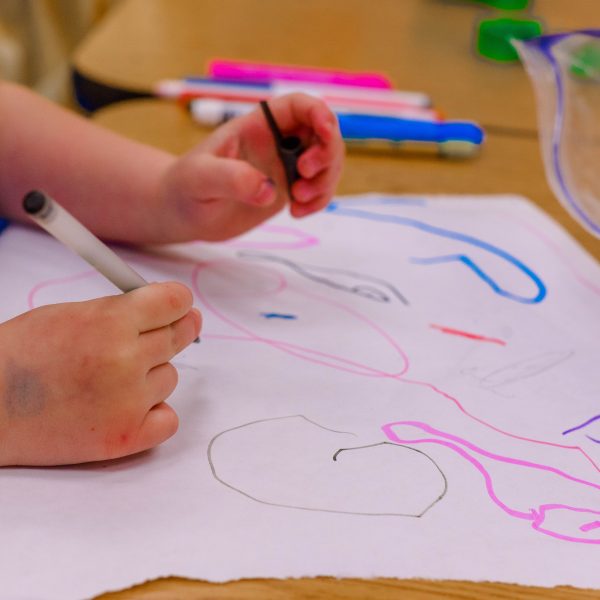Little Scholars adopts Abecedarian approach

Early childhood education and care (ECEC) provider Little Scholars has begun to implement the Abecedarian approach across its networks in a bid to increase children’s brain capacity.
The holistic learning model outlined in the Abecedarian approach focuses on four core elements:
- Language Priority
- Learning Games
- Conversational Reading
- Enriched Caregiving.
All the elements enhance children’s learning and wellbeing – and can counteract the negative impacts of growing up in disadvantaged circumstances.
Scientific studies of the approach have used structural brain imaging and have shown that adults who had received this type of early learning model as children had bigger brains across the board, Little Scholars founder and managing director Jae Fraser explained.
“Latest findings in the Journal of Cognitive Neuroscience prove that the Abecedarian method has long lasting positive impacts on the development of children as they progress through their lives,” Mr Fraser said.
Educators across the network have been trained in the approach by qualified Abecedarian Coach, Melanie Excell over the last three weeks. Ms Excell said the approach equips educators with a skill set that enables them to improve children’s life outcomes significantly.
The Abecedarian approach was developed as a result of The Abecedarian Project which has followed and compared two groups of children from birth into adulthood, with the latest Australian findings available here.
Popular

Quality
Workforce
Practice
Provider
Caring for children after community tragedy
2025-12-15 08:28:17
by Fiona Alston

Policy
Economics
Jobs News
Provider
Workforce
Children’s Services Award changes finalised to address gender-based undervaluation
2025-12-12 06:58:10
by Fiona Alston

Practice
Quality
Provider
Research
Workforce
Allied health professionals and early childhood program providers invited to join Preschool Boost directory
2025-12-15 07:45:57
by Fiona Alston
















